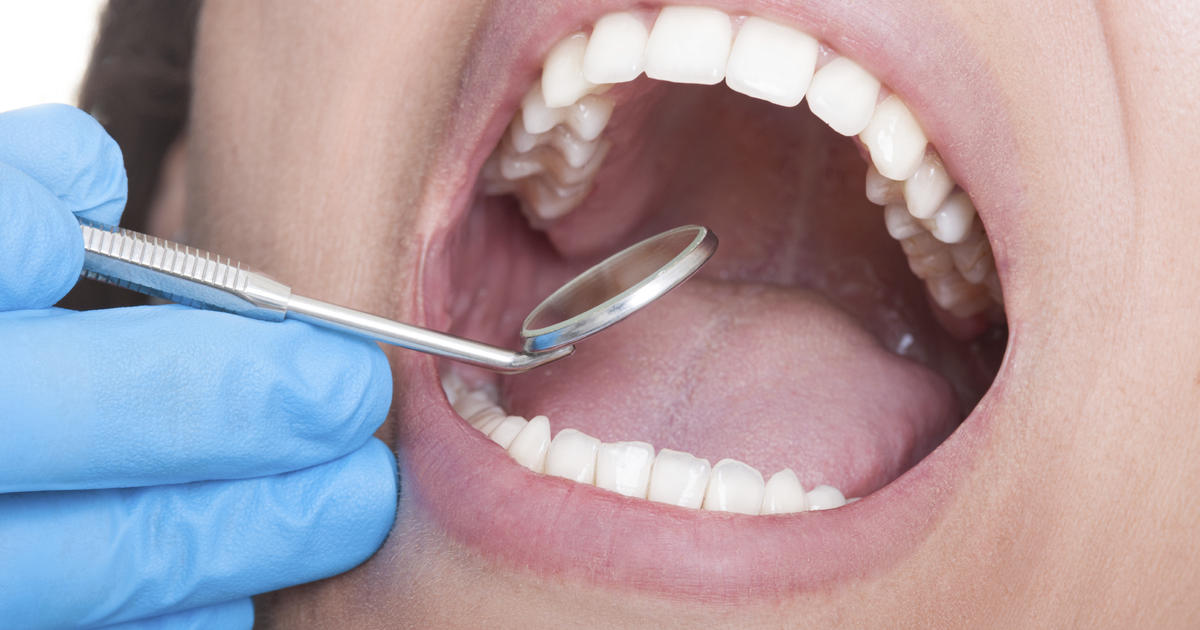Guide To The Causes Of A Toothache
Dry Socket

Tooth extractions can be unpleasant experiences even in the best of circumstances. But dry socket is even worse. Dry socket is a condition that can sometimes develop following oral surgery to extract a tooth. Proper post-surgical care can help avoid dry socket, and it's also highly treatable if it does develop. When a tooth is removed during surgery, the body will respond by creating a blood clot in the space previously occupied by the tooth. This prevents the patient from bleeding excessively and gives the gums a chance to heal while being protected. But with dry socket, the blood clot becomes dislodged or doesn't form in the first place, which means the nerves and bone underneath the opening are exposed. There's no way to predict definitively whether someone will develop dry socket, but some risk factors include smoking, chewing tobacco, taking oral birth control, developing infections around the extraction site, using a drinking straw immediately following the extraction, and not following the post-surgery instructions for care.
Get more details on what can trigger a toothache now.